Laws do not always target dramatic contraband. Often, they quietly redraw the line around ordinary objects that once seemed harmless. In many places, safety research, pollution rules, and noise complaints have turned familiar household items into things that stores cannot sell and professionals cannot install. Regulations vary by country, state, and even city, yet the pattern is similar. A basement shelf or garage corner can hold products that now sit on the wrong side of modern standards without anyone noticing.
Corded Window Blinds With Long Cords

Old style blinds with loose, dangling cords still hang in many homes, yet regulators now treat exposed cords as a serious strangulation hazard for children. Modern rules push manufacturers toward cordless designs or fully enclosed mechanisms, and noncompliant models are barred from new sales in several regions. For landlords, keeping them in rentals can trigger failed inspections. What once felt like a small decor choice is now a child safety issue with legal teeth.
Lead Based Paint In Forgotten Cans
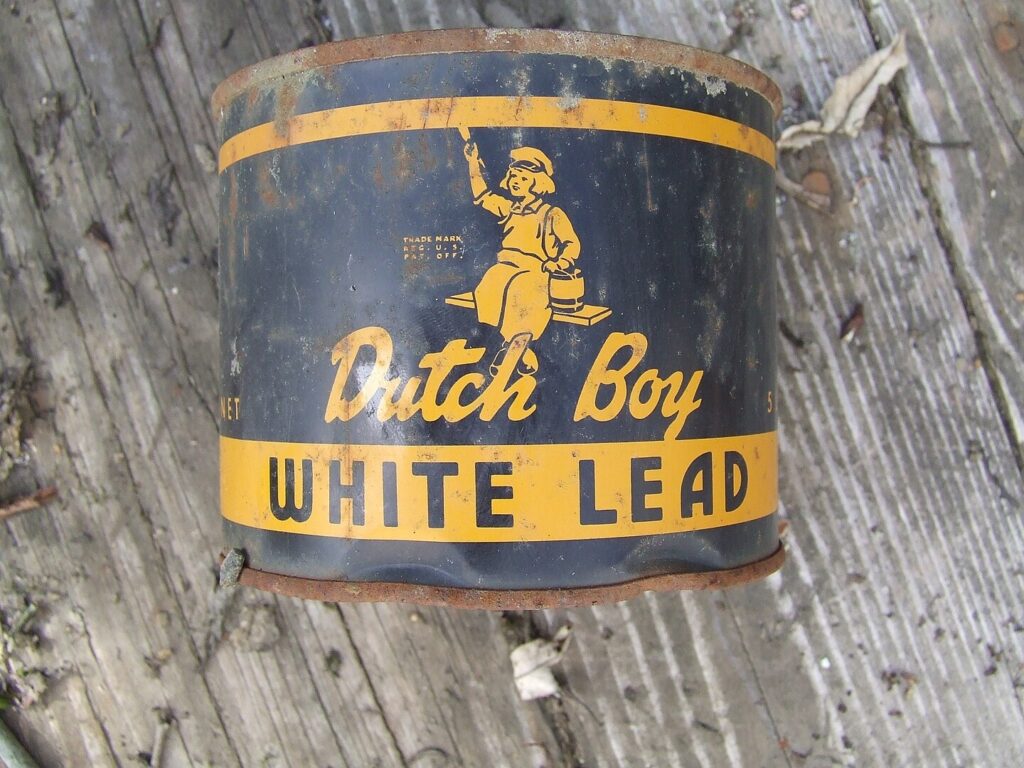
Lead based paint has been banned from most residential uses for decades, but old cans and coated trim linger in older houses. The pigment may sit quietly until someone sands, scrapes, or renovates, releasing dust that health agencies link to developmental harm in children. Many jurisdictions treat selling or reusing lead based paint as illegal and require special procedures for removal and disposal. A rusty can on a basement shelf can count as regulated hazardous material rather than a handy spare.
Mercury Fever Thermometers In Cabinets
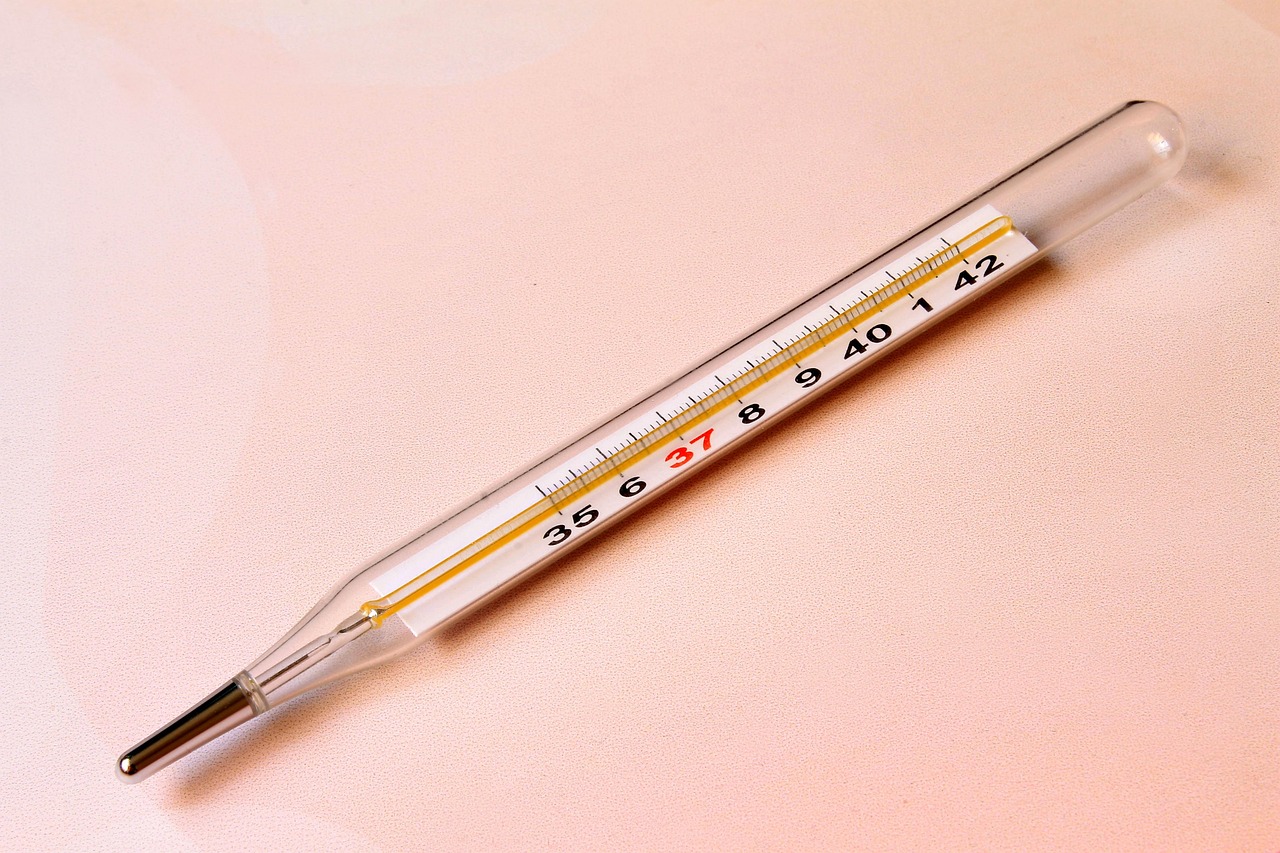
Slim glass thermometers filled with silvery liquid once defined home health care. As the risks of mercury spills became harder to ignore, many regions outlawed the sale of mercury fever thermometers and labeled them hazardous waste. Tossing a broken one in regular trash or down the drain can violate local rules, especially where strict household hazardous waste programs exist. Digital thermometers have replaced them in pharmacies, yet a single tube in a medicine cabinet can still carry real regulatory baggage.
Padded Crib Bumpers In Nurseries
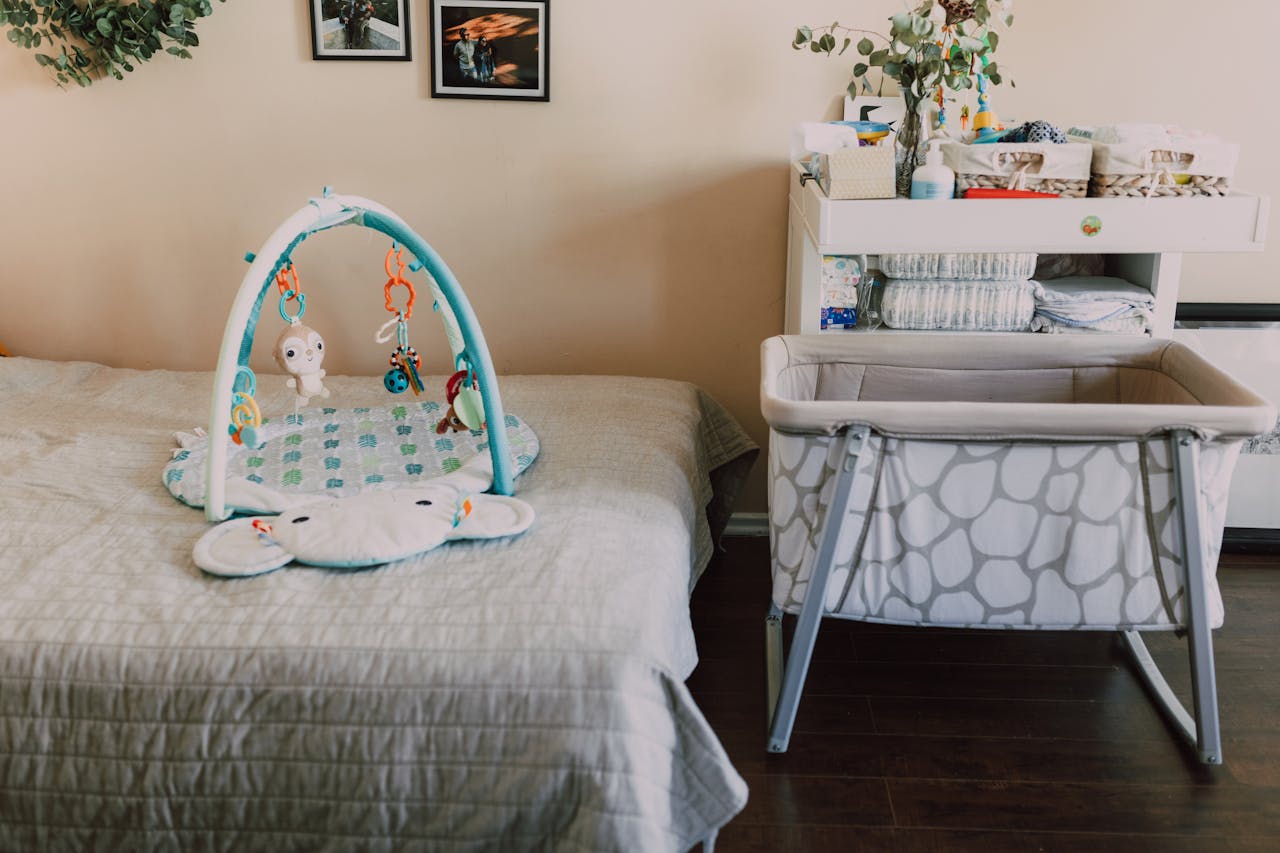
Soft padded bumpers were marketed as cozy and protective, then linked to suffocation and entrapment risks in infant sleep environments. Several national and state level laws now ban the manufacture and sale of traditional padded bumpers, and licensed child care settings are often required to keep cribs bare and breathable. Parents who store bumpers for a future baby or loan them to friends may not realize that the products are treated as unsafe by law. A pretty fabric ring has shifted into forbidden nursery gear.
R 22 Refrigerant Tanks In The Garage

Air conditioners built for R 22 refrigerant still run in many homes, even as production of the chemical has been phased out to protect the ozone layer. In several countries, rules now restrict who can handle, buy, or sell R 22, and unlicensed stockpiling of new cylinders can break environmental regulations. Homeowners sometimes inherit spare tanks from past repairs without realizing the legal shift. What looks like a practical backup for an aging unit may now belong only in the hands of certified technicians.
Traditional Incandescent Bulbs In Bulk
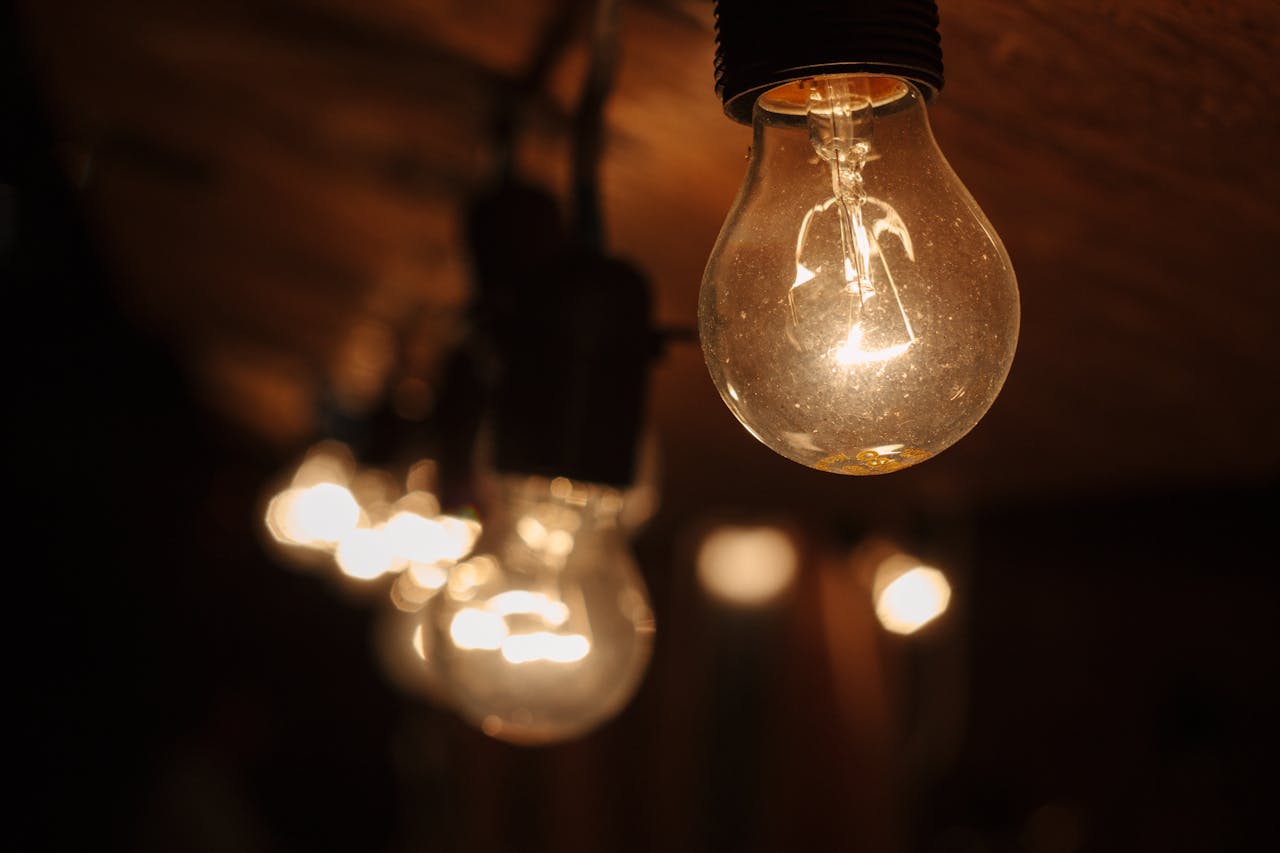
Classic incandescent bulbs once filled every closet and bedside lamp. Sweeping efficiency standards in many regions now prohibit the sale of general service bulbs that fall below set lumen per watt thresholds, which removes most traditional incandescents from legal store shelves. A few specialty types remain allowed, but pallet sized stashes or retail displays of banned models can lead to enforcement. A single bulb in a reading lamp is unlikely to raise alarms, yet large inventories have quietly become contraband for sellers.
Gas Powered Leaf Blowers In Certain Cities
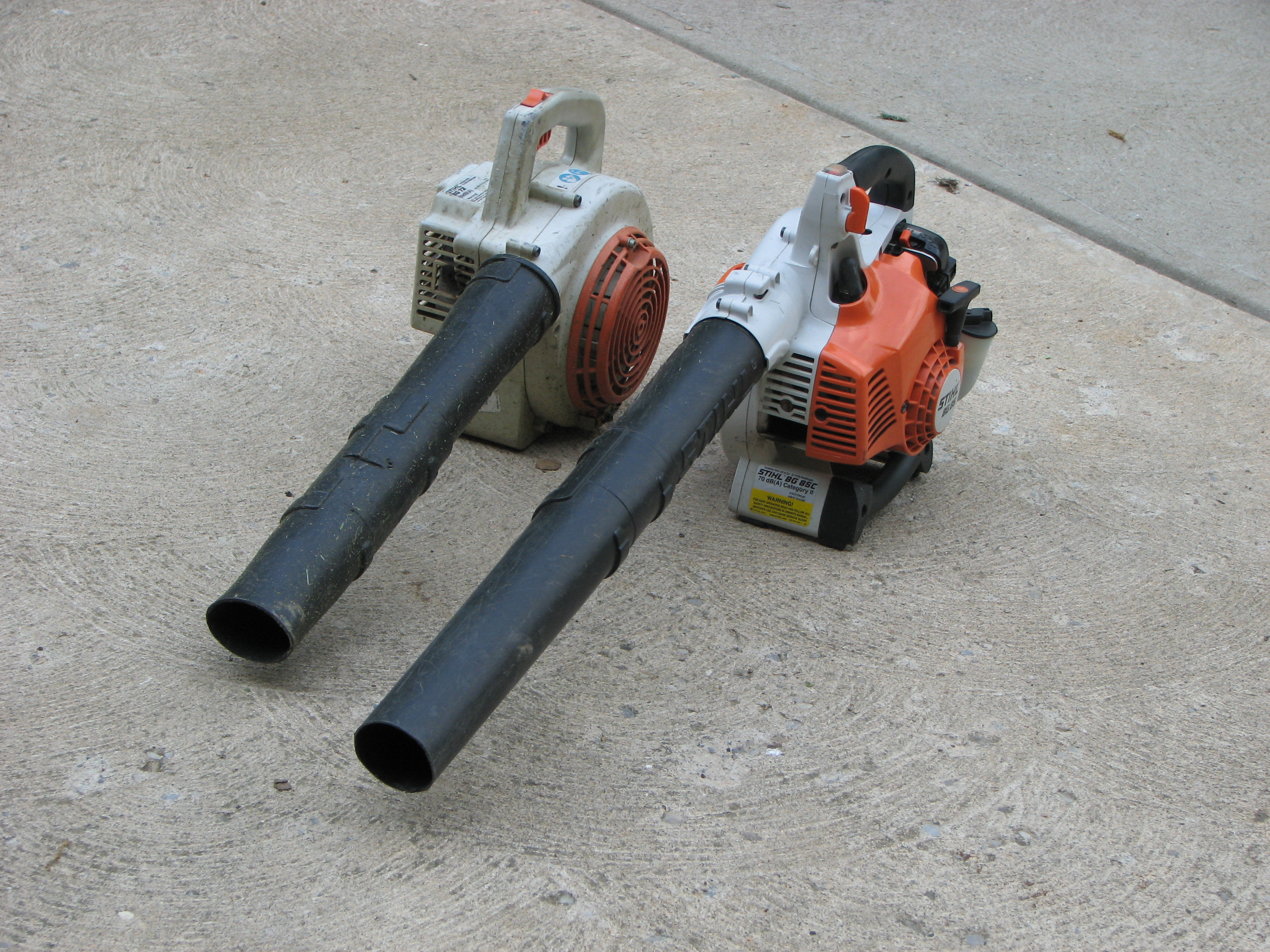
The buzz of small gas engines used to signal weekend yard work. Noise complaints and air quality concerns have pushed many cities to ban gas powered leaf blowers entirely or restrict their use to narrow time windows. Some regions have also stopped the sale of new gas powered handheld equipment, steering residents toward battery tools instead. Landscaping crews caught using banned blowers risk fines, and property owners can share liability. A machine that once symbolized tidy lawns can now violate local clean air goals.
Outdated Space Heaters Without Safety Features
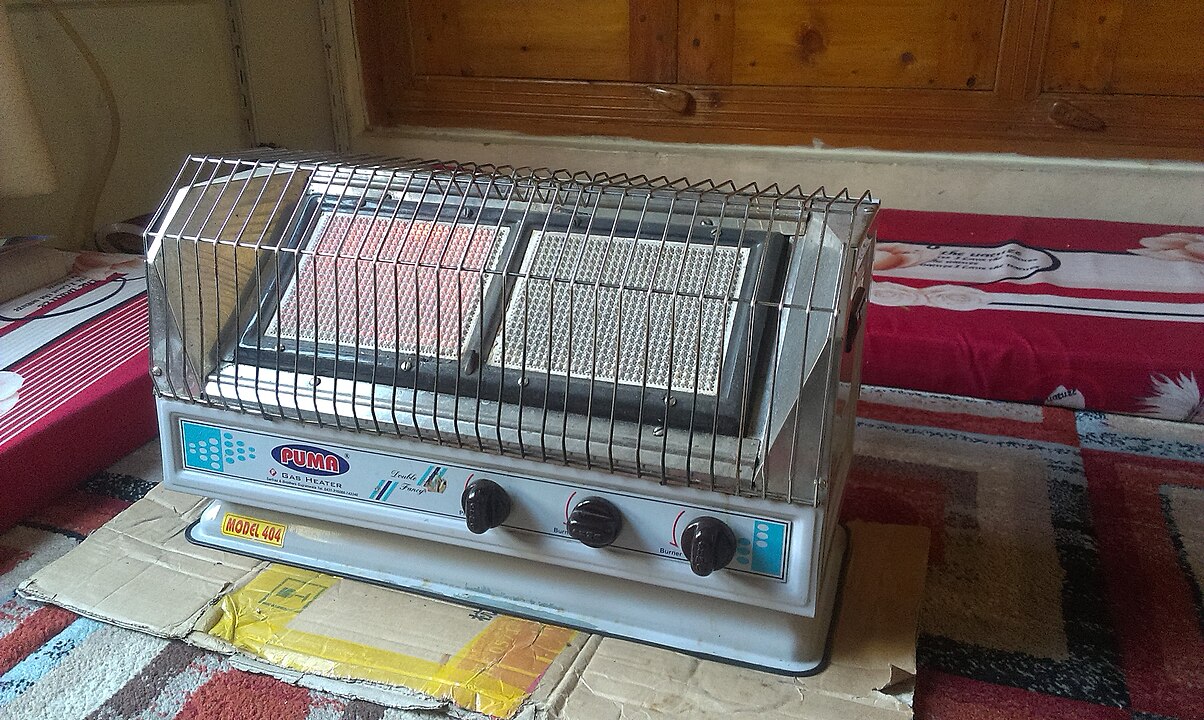
Portable heaters remain legal in many places, but certain older models have effectively been outlawed by building codes and rental regulations. Units that lack automatic tip over shutoff, overheat sensors, or stable casings have been blamed for fatal fires and carbon monoxide incidents. When inspectors visit rentals or dormitories, these devices may be tagged for removal on the spot. Insurance policies sometimes exclude coverage if unapproved heaters are in use. A compact metal box meant to fight winter chill can instead break fire safety rules.
Banned Garden Chemicals On The Shelf

Bottles of weed killer or insect spray often outlive the rules that first allowed them. Several active ingredients once sold in home and garden products have been banned or sharply restricted after new research on health and environmental risks. Labels might not mention the change, but updated laws can make it illegal to sell, apply, or dispose of these products in regular trash. Municipal programs sometimes host special collection days for them. A row of familiar brands in the shed can represent chemicals that regulators want gone.
Wood Shake Roofs In Fire Hazard Zones
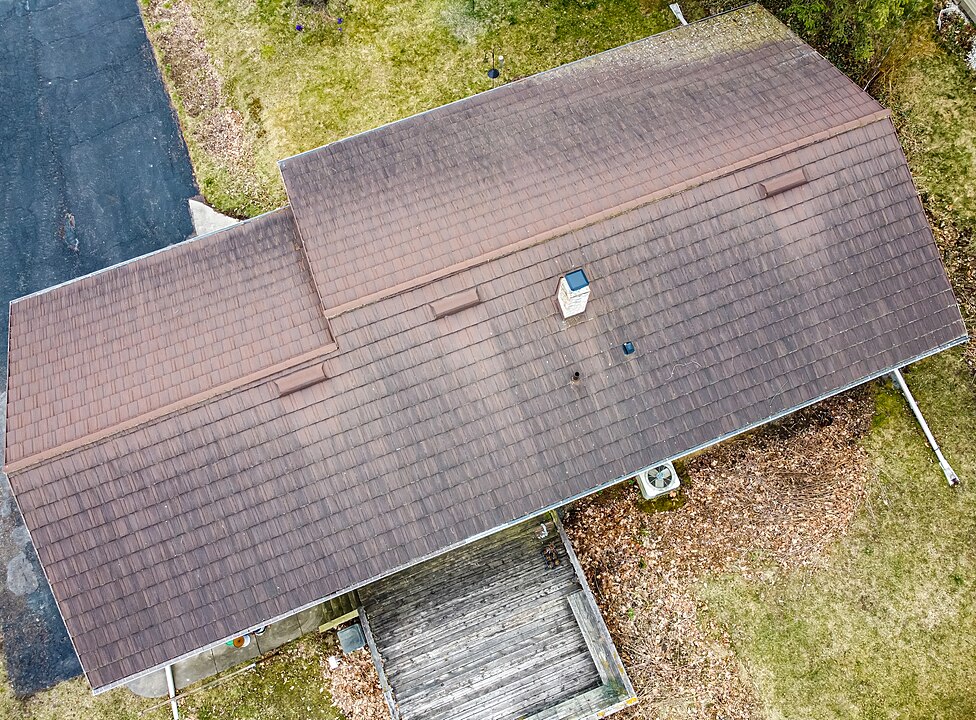
Wood shake roofs once signaled rustic charm and borrowed the aesthetic of mountain cabins. In wildfire prone regions, modern building codes now demand noncombustible or high fire rated materials, and some local rules outright forbid new wood roofs or major repairs with shakes. Homes that keep old roofs in designated hazard zones can struggle with insurance renewals or face pressure to upgrade. What started as a design choice now conflicts with community efforts to reduce flying embers and neighborhood wide fire spread.


